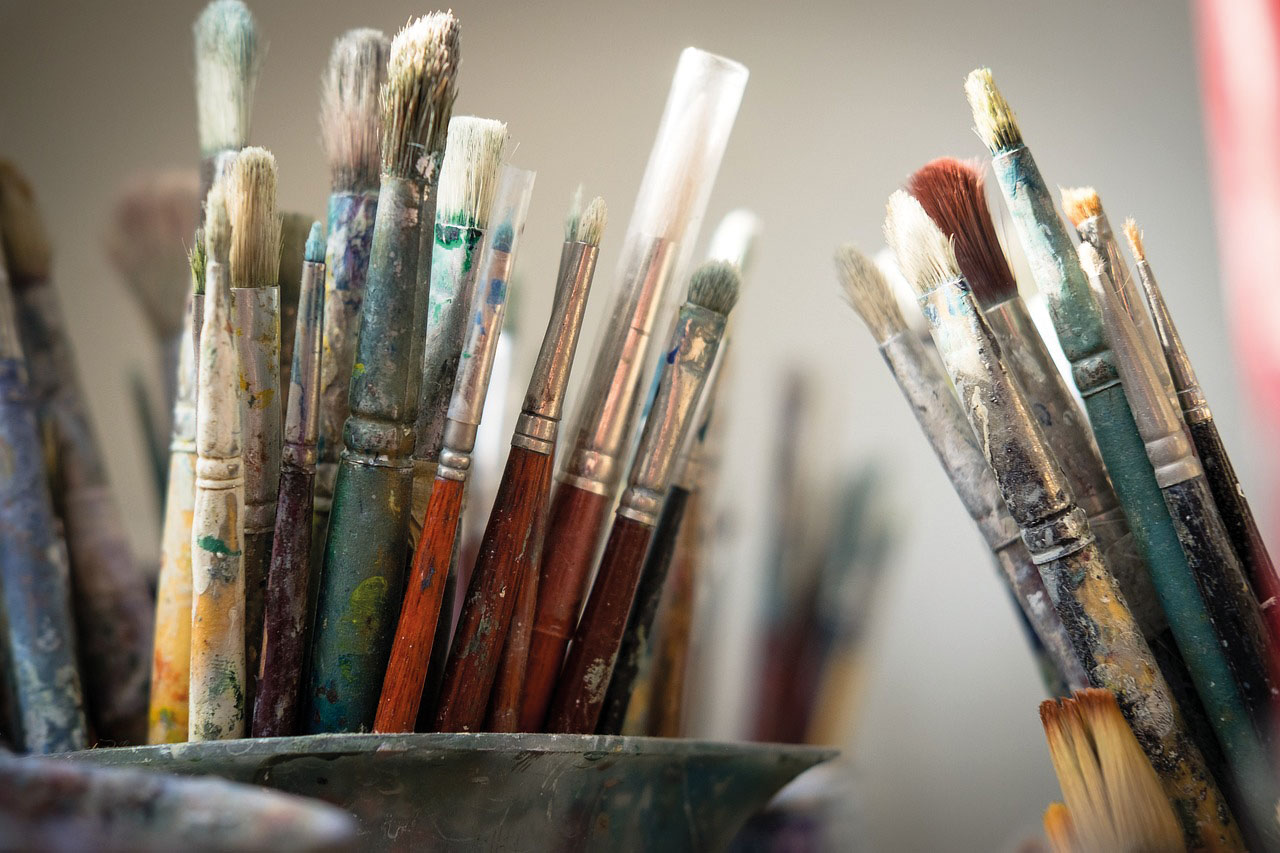
ARTISTS Union England (AUE) has tabled a motion on the value of arts for this year’s TUC Congress. Creative arts benefit society every day, whether bringing joy, exploring history, promoting social justice, equality, healing and well-being, lifting spirits or providing education and therapy. But all too often these things are taken for granted and that includes the artist workers who create art and deliver art programmes.
Artists experience low pay, unequal pay and as most are freelance, a lack of terms, conditions and benefits that other workers have.
When cuts occur, funding for public arts programmes are the first to disappear, with governments disregarding the benefit to society, communities and the economy, (the creative industries contributed £109 billion to the UK economy in 2021, according to the Department for Digital, Culture, Media & Sport) as well as the livelihoods of artists.
During the past year as I delivered Lottery-funded arts and drama workshops for schoolchildren, promoting the role of creativity in bringing about justice and rights, it was evident that there was no budget given to schools for such programmes and some pupils had never experienced an externally delivered workshop before.
If it were not funded it would never have been scheduled and the pupils would not have benefited from the workshops. I experienced at first-hand how they enabled them to explore contemporary struggles for equality, human rights and well-being and put their lived experiences into context, empowering them to not just express their feelings through creativity but form solutions and answers.
That children are being deprived of such enriching and valuable curriculums is soul-destroying and that it why, among other demands, AUE is calling for arts education to be restored within primary and secondary education but also further and higher education.
The cost-of-living crisis has hit artists badly. In our recent AUE survey, 89 per cent of our members responded with concerns about the cost-of-living crisis and the effects of austerity on their ability to work as an artist and on their well-being. Respondents shared their experiences of how they are trying to survive, sometimes working seven days a week, worrying about how to pay their rent or mortgage, constant fear and having to do other work to survive. Over 50 per cent of members said in the survey that they earn under £15,000 a year from artist’s income.
There are an estimated 43,000 visual artists working in the UK. We deserve to be treated with dignity, valued for our work and be paid appropriately for our labour. We need a sustainable future for artist practices and a decent standard of living, fair pay and rights for freelance and self-employed artists and art workers, not just those who have employee status.
In addition we need to ensure that arts are accessible to all, so that everyone can benefit from them, not just those with the wealth to afford them, and that we ensure that future generations do not have their dreams and aspirations of working in creative industries trodden on or disregarded, that their dreams are fed with enriched curriculums to nurture talent and that their basic rights to pay are in place so they do not feel forced to abandon careers as artists before they have even begun.
That is why we are also calling on the TUC to support and lobby for publicly funded arts; access to funding; accountability of bodies such as the Arts Council; recognition that art is work and tackling discrimination in the sector; access to arts education for all; an end to border restrictions creating barriers to artists working internationally; and an end to low- or no-pay culture in arts.
I would add that it is essential for the trade union movement to ensure that they are not calling on creatives to work for free. Arts greatly enhance trade union campaigns and play an important role in promoting labour movement histories and amplifying messages, stories and actions. So it is essential that unions practice what they preach for their own members and treat artists in the same way they would expect other workers to be treated and pay them appropriately for their labour.
Before anybody dares to take artists for granted, they should imagine a society without arts. At the time of writing, this it is the eve of Notting Hill Carnival, the roots of that carnival were a creative response, bringing traditions of arts and culture as a response to horrific racist attacks, an act of resistance and resilience. Claudia Jones said: “A people’s art is the genesis of their freedom.”
The ability of art to resist oppression, advocate for equality, human rights and freedom, educate and agitate as well as to celebrate, bring joy, peace, relaxation, respite and healing must all be protected and that protection includes ensuring that arts education and benefits of art are accessible to all and that the workers creating the art we all benefit from can thrive, not just barely survive. Artists are workers and artwork is work.
Zita Holbourne is the joint national chair of Artists Union England. Her creative practice includes work as a visual artist, performance poet, writer, author and educator.
